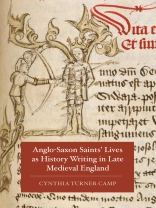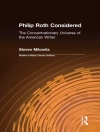A groundbreaking assessment of the use medieval English history-writers made of saints’ lives.
The past was ever present in later medieval England, as secular and religious institutions worked to recover (or create) originary narratives that could guarantee, they hoped, their political and spiritual legitimacy. Anglo-Saxon England, in particular, was imagined as a spiritual ‘golden age’ and a rich source of precedent, for kings and for the monasteries that housed early English saints’ remains.
This book examines the vernacular hagiography produced in a monastic context, demonstrating how writers, illuminators, and policy-makers used English saints (including St Edmund) to re-envision the bonds between ancient spiritual purity and contemporary conditions. Treating history and ethical practice as inseparable, poets such as Osbern Bokenham, Henry Bradshaw, and John Lydgate reconfigured England’s history through its saints, engaging with contemporary concerns about institutional identity, authority, and ethics.
Cynthia Turner Camp is an Assistant Professor of English at the University of Georgia.
表中的内容
Introduction
Edith of Wilton and the Writing of Women’s History
Audrey Abroad: Spiritual and Genealogical Filiation in the Middle English Lives of Etheldreda
Henry Bradshaw’s
Life of Werburge and the Limits of Holy Incorruption
The Limits of Narrative History in the Written and Pictorial Lives of Edward the Confessor
The Limits of Poetic History in Lydgate’s
Edmund and Fremund and the Harley 2278 Pictorial Cycle
Bibliography












